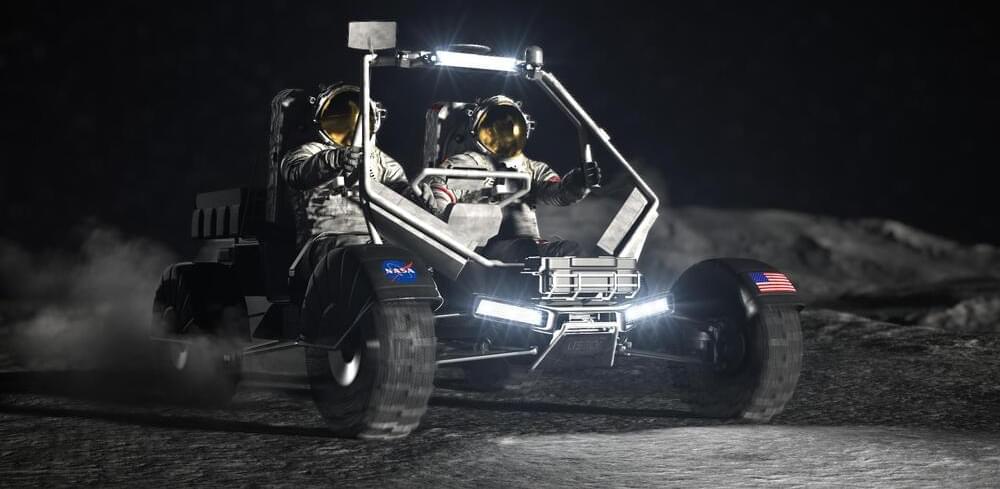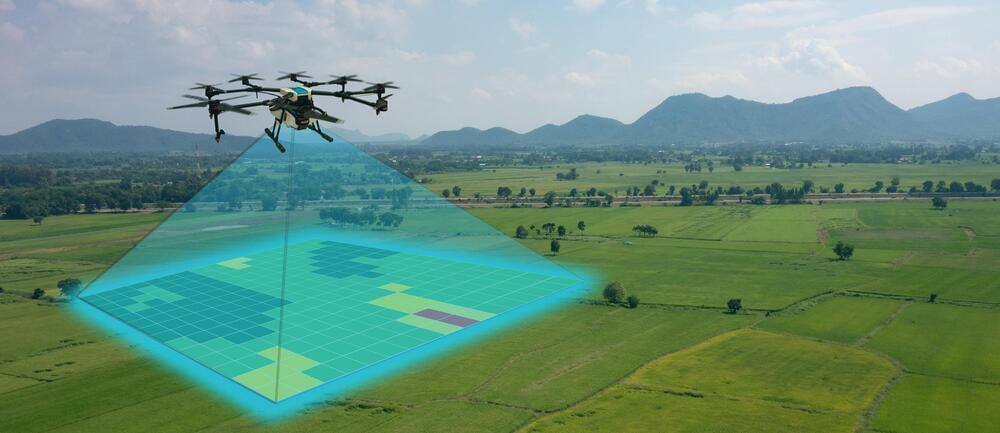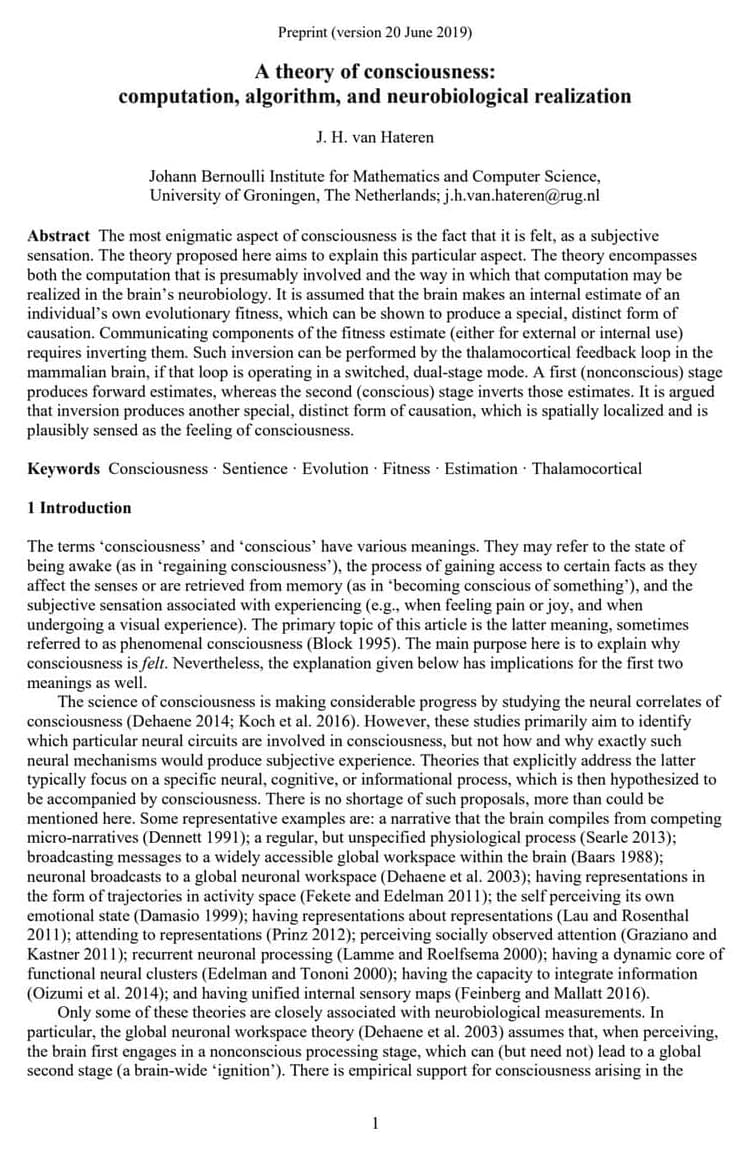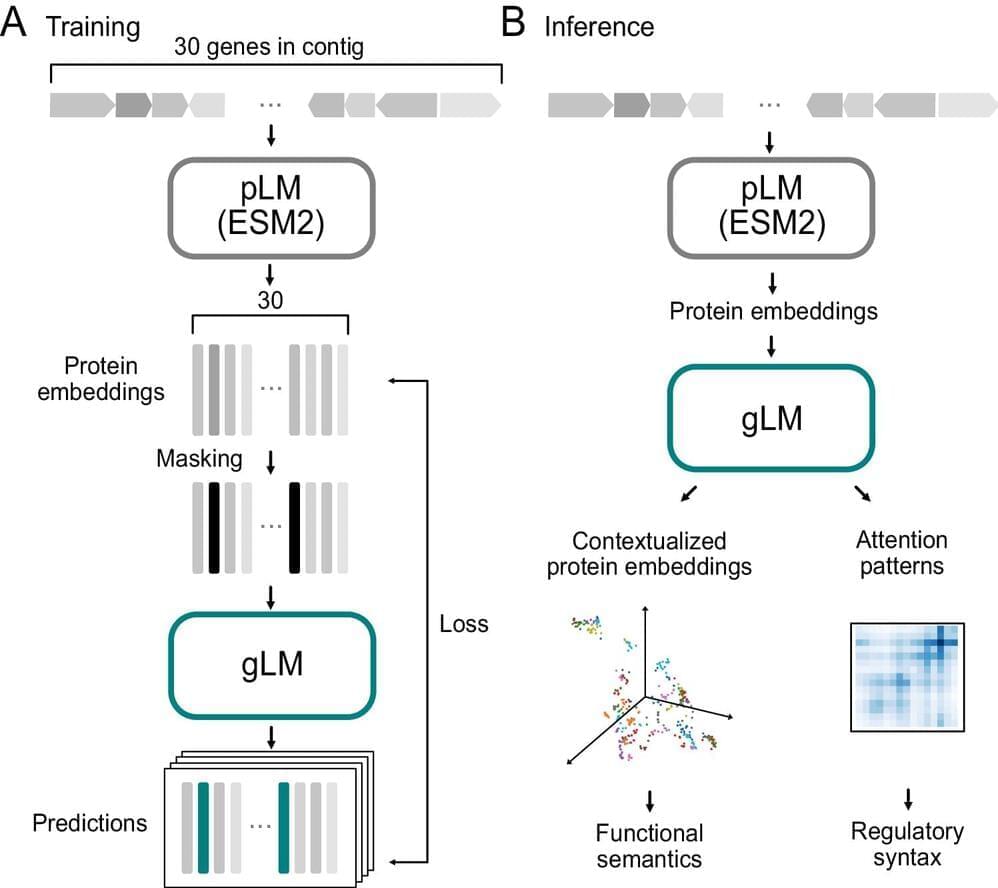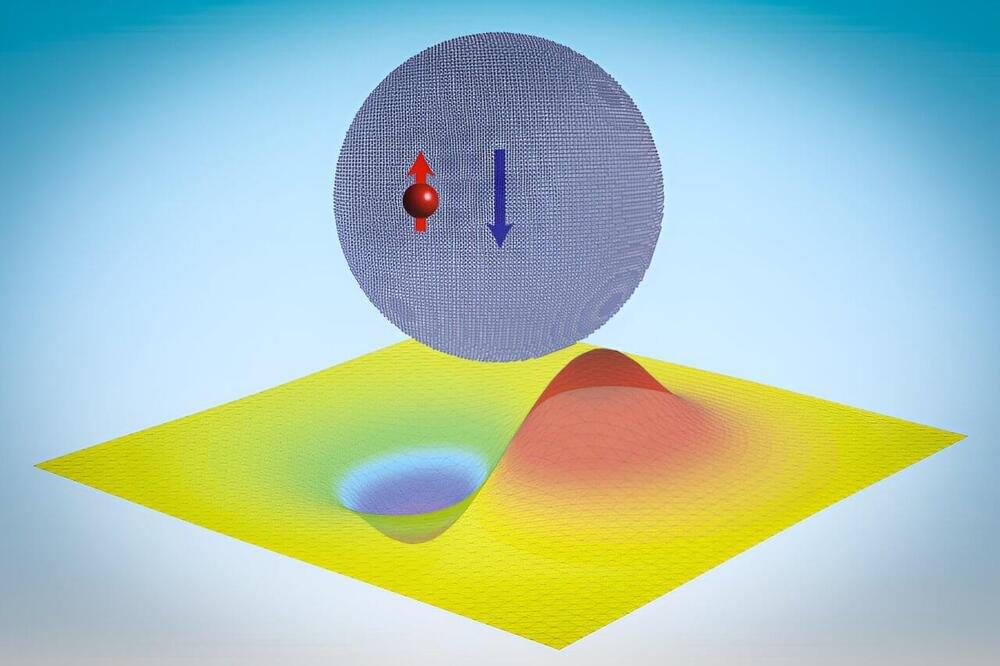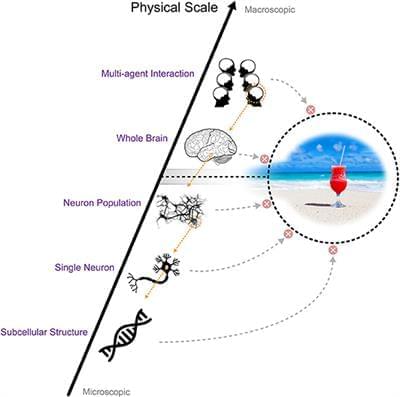
Generally, information at lower levels is more fine-grained but can be coarse-grained at higher levels. However, only information processed at specific scales of coarse-graining appears to be available for conscious awareness. We do not have direct experience of information available at the scale of individual neurons, which is noisy and highly stochastic. Neither do we have experience of more macro-scale interactions, such as interpersonal communications. Neurophysiological evidence suggests that conscious experiences co-vary with information encoded in coarse-grained neural states such as the firing pattern of a population of neurons. In this article, we introduce a new information al theory of consciousness: Information Closure Theory of Consciousness (ICT). We hypothesize that conscious processes are processes which form non-trivial information al closure (NTIC) with respect to the environment at certain coarse-grained scales. This hypothesis implies that conscious experience is confined due to information al closure from conscious processing to other coarse-grained scales. Information Closure Theory of Consciousness (ICT) proposes new quantitative definitions of both conscious content and conscious level. With the parsimonious definitions and a hypothesize, ICT provides explanations and predictions of various phenomena associated with consciousness. The implications of ICT naturally reconcile issues in many existing theories of consciousness and provides explanations for many of our intuitions about consciousness. Most importantly, ICT demonstrates that information can be the common language between consciousness and physical reality.
Imagine you are a neuron in Alice’s brain. Your daily work is to collect neurotransmitters through dendrites from other neurons, accumulate membrane potential, and finally send signals to other neurons through action potentials along axons. However, you have no idea that you are one of the neurons in Alice’s supplementary motor area and are involved in many motor control processes for Alice’s actions, such as grabbing a cup. You are ignorant of intentions, goals, and motor plans that Alice has at any moment, even though you are part of the physiological substrate responsible for all these actions. A similar story also happens in Alice’s conscious mind. To grab a cup, for example, Alice is conscious of her intention and visuosensory experience of this action. However, her conscious experience does not reflect the dynamic of your membrane potential or the action potentials you send to other neurons every second.
